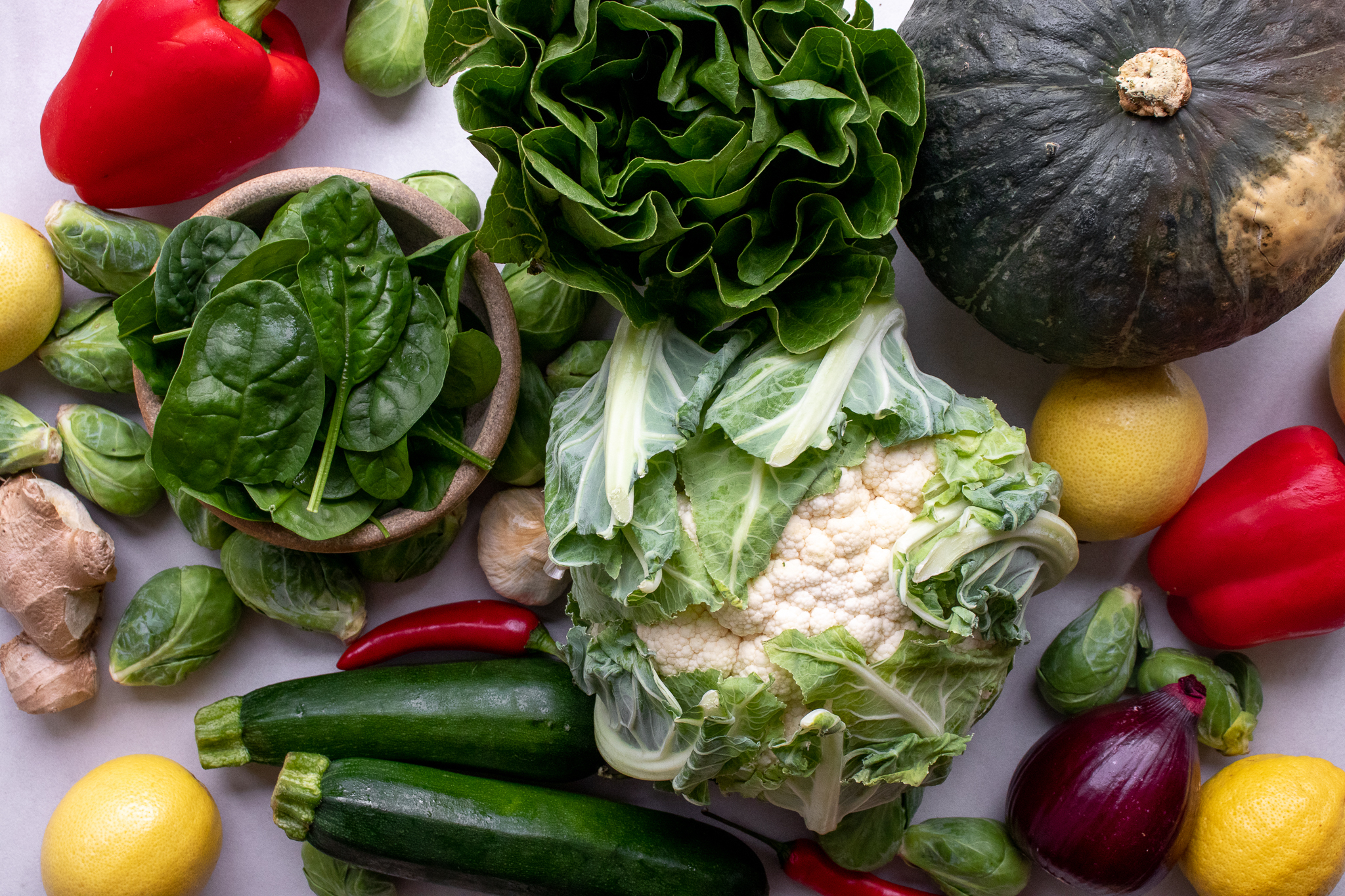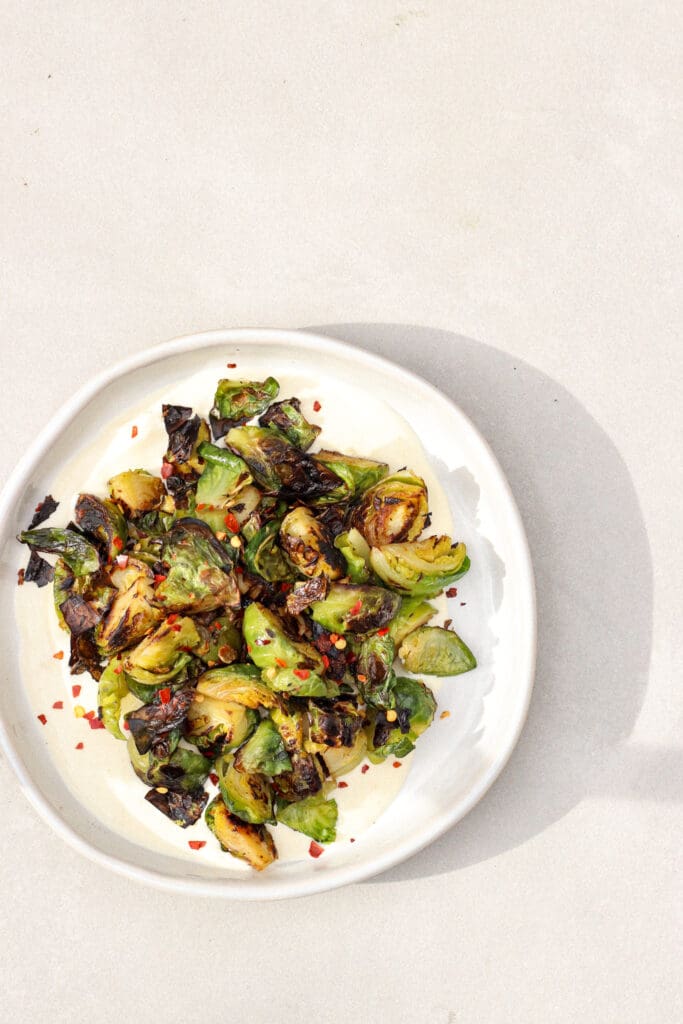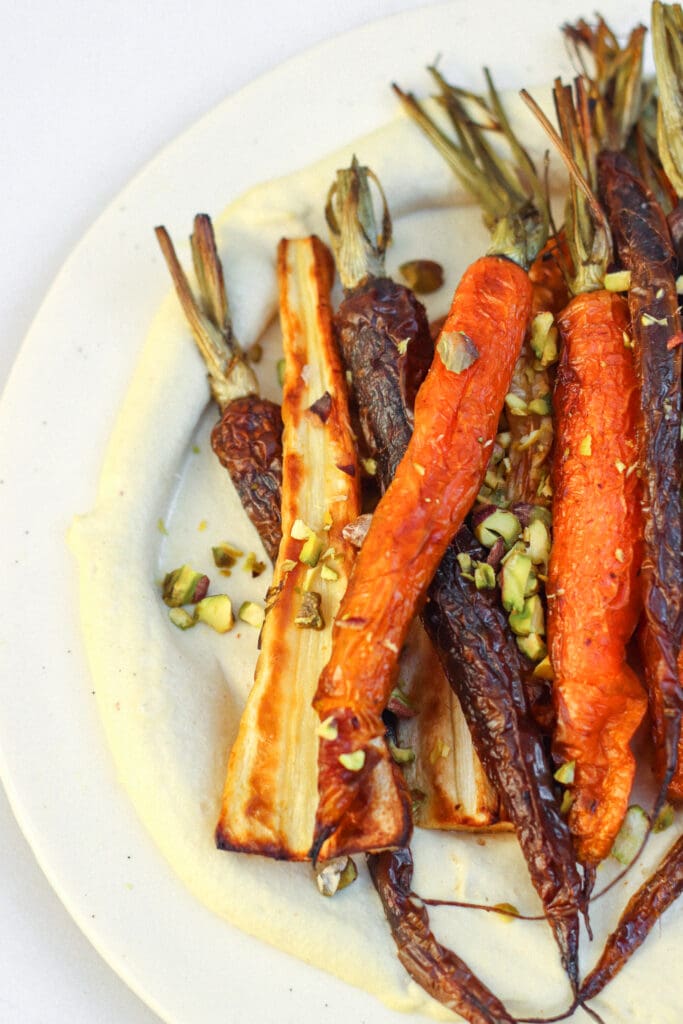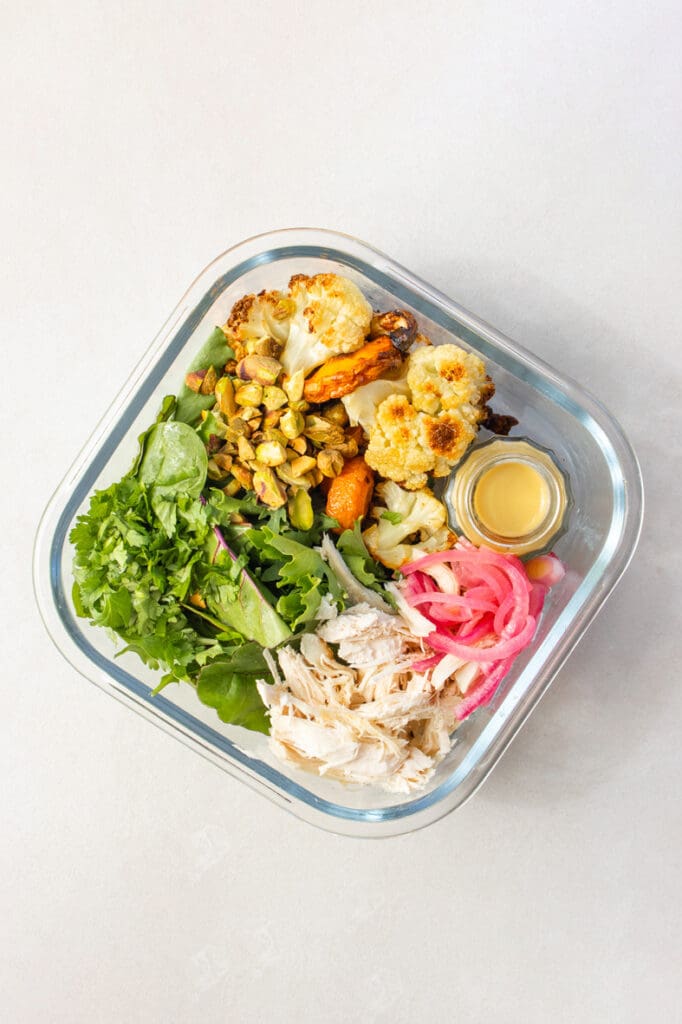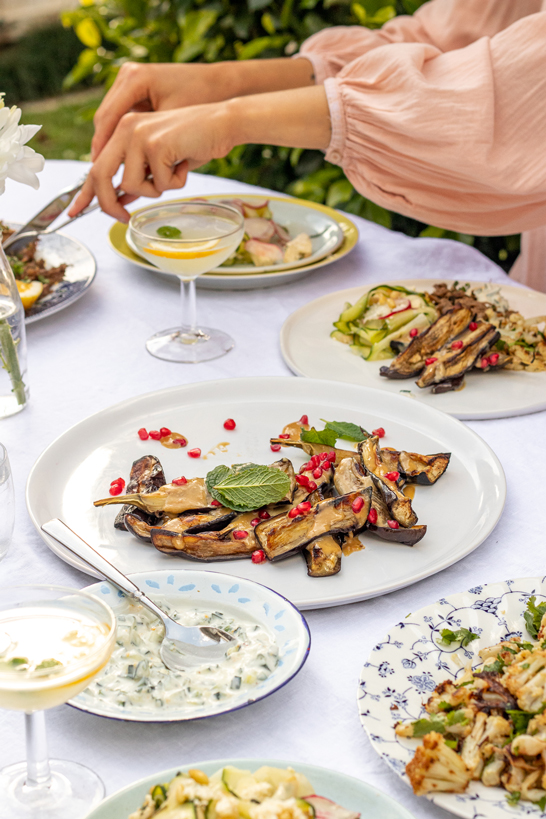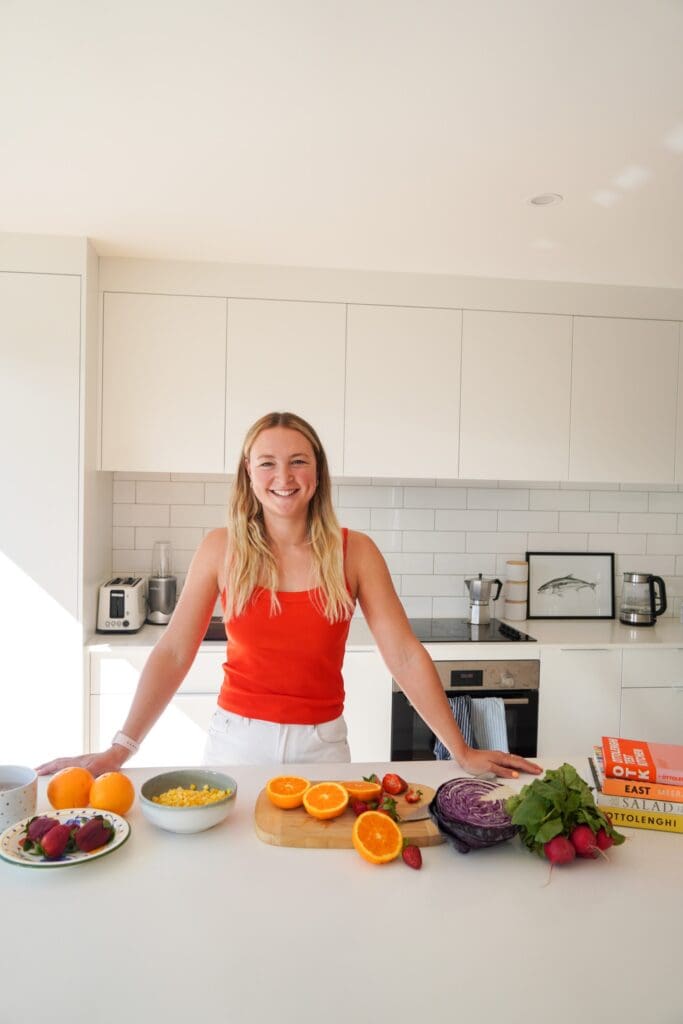It is easy to think nothing of throwing away food, putting it down to being a part of the natural decomposition cycle of life. However, when wasted food ends up in landfills it decomposes without oxygen which creates methane gas (not our planet’s friend), meaning food waste then creates a level of emissions six times greater than that of the aviation industry! Now I bet you didn’t think those potatoes and loaves of bread going into the landfill would contribute more to climate change than that overseas trip to Europe. Food waste needs to be handled correctly through the right composting techniques, and even then not all food items can be safely broken down.
But what is often unseen is the unnecessary environmental impact from wasted agricultural inputs and carbon emissions before the food is even purchased.
Aside from the obvious devastating effects of climate change, the throwing away of food is a complete oxymoron to another of the most pertinent issues facing our world, hunger. One-third of food produced globally goes to waste, and that a quarter of that waste could feed the one billion people suffering from famine, it’s pretty unbelievable that we’re okay with letting this happen.
If we changed the way we thought about shopping, preparing and disposing of our food, we could help mitigate two of our global issues – climate change and world hunger. Here are some of our top tips for easily reducing food waste in our daily lives.
1. Plan ahead
Meat, seafood, fruit and vegetables account for the greatest consumer food waste. Planning your weekly meals helps to reduce this, you know ahead of time the amount of food to buy based on when you are cooking and for how many people. This way you’ll be able to use all your produce, and won’t have the same kind of waste as when you buy sporadically and impulsively.
We also know the fridge is notorious for hiding your food at the back (just like the drier eats your socks) so we suggest you have a notepad on the fridge or near with reminders of what’s in there and what needs to be eaten.
2. Leftovers
Leftovers if stored correctly are perfectly edible and in our opinion more often than not, even more delicious! Reinvent leftover meats into a delicious salad the next day, just add fresh greens, lentils, toasted nuts, tahini and herbs to spice things up.
Frittatas are a great way to use up leftover cooked vegetables like roast pumpkin and kumara or sauté some leftover greens sitting in the back of your fridge at the end of the week.
Rice – did you know 1,700 tonnes of cooked rice go to waste every year! So it’s pretty clear it gets a bad rep for being not safe to eat once cooled, however, rice is safe to eat if stored and reheated properly. Day-old rice is sought after for the best homemade fried rice and coincidentally is also great for using up the odds and ends in your fridge or freezer too.
3. Freeze it, pickle it, ferment it
Freezing meals is a great option when you prepare extra food (intentionally or maybe unintentionally). Freeze in portion sizes so when you defrost you don’t run into the problem of having too much. Meals like bolognese, soups, curries and tagines freeze well and are great for a quick and easy midweek dinner.
When purchasing your meat for the week be sure to look at the expiry date, if you’re not intending on having it until the end of the week, freeze and defrost the morning of cooking.
The “end bits” – stalks, stems or loose ends of vegetables and herbs hold so much flavour and nutrition, freeze and use when making soups or stocks.
Pickling, fermenting and homemade relish is a great way to get through produce you might not otherwise. Giving new life and flavour to otherwise discarded vegetables.
Having jars of delicious tomato relish not only look impressive but are delicious alongside meats, veggies or alongside a homemade frittata (made with leftover vegetables… well, well, well look at you, you’re a no waste household!
4. Compost
Set up a worm farm or compost bin, so your food waste can have a new life as garden fertiliser!
5. Adapt recipes
Swapping out ingredients for seasonal produce, or just what you have on hand will still make things just as tasty, don’t be scared to adapt recipes! Substituting ingredients can create the best surprise meals (or at worst, a lesson for next time)
For example, our Roasted Carrots and Parsnips with Cashew Cream are just as tasty with Sweet potatoes and our Charred Brussels with Whipped Feta are delicious with broccoli or asparagus instead.
